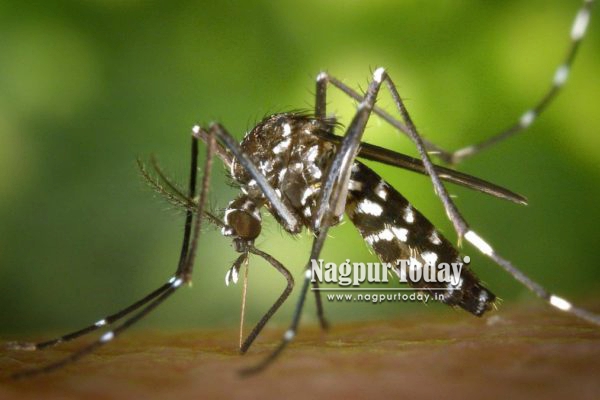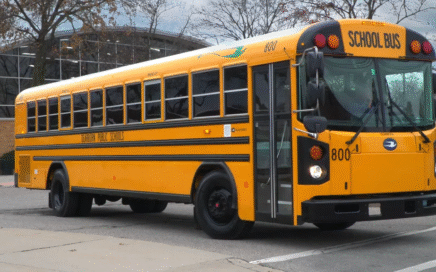
Nagpur: As the monsoon season continues its unpredictable dance, fresh data from the Nagpur Municipal Corporation (NMC) reveals a concerning pattern mirroring last year’s trends: Cases of vector-borne diseases like dengue, chikungunya, and malaria are poised for a significant surge starting this month, raising serious public health alarms across the city.
Even before the full onset of the rains, Nagpur has already logged five dengue and three chikungunya cases in the first five months of 2025, according to monthly reports. May saw two dengue positives out of 17 suspected cases, signalling the early stirrings of the seasonal upsurge. Sources indicate that the first ten days of June alone have already yielded two new dengue cases.
Last year, the explosion of chikungunya cases began in June, wreaking havoc throughout August and September. While January and February 2025 each saw one chikungunya detection, followed by a lull from March, historical data suggests this calm is frequently shattered with the arrival of rainfall. The standing water created by monsoon showers provides ideal breeding grounds for Aedes aegypti, the primary mosquito vector for both dengue and chikungunya.
Though the period from January to May registered no positive malaria cases, the NMC’s proactive surveillance is evident through the extensive screening of over one lakh blood samples. However, past years indicate that malaria too tends to spike from mid-June onwards, particularly in areas grappling with stagnant water and poor sanitation. Health experts caution that even a handful of early-season cases are sufficient to trigger widespread outbreaks if preventive measures are neglected.
Nagpur’s dense population combined with its susceptibility to heavy rainfall makes it particularly vulnerable to the rapid spread of mosquito-borne illnesses. In response, NMC health officials are urgently appealing to citizens to take immediate action: eliminate all sources of water stagnation, rigorously maintain personal and community hygiene, and promptly seek medical attention for any symptoms such as high fever, rashes, or joint pain. The coming weeks are deemed critical, as the city faces the prospect of another sharp rise in infections if a proactive approach is not universally adopted.














